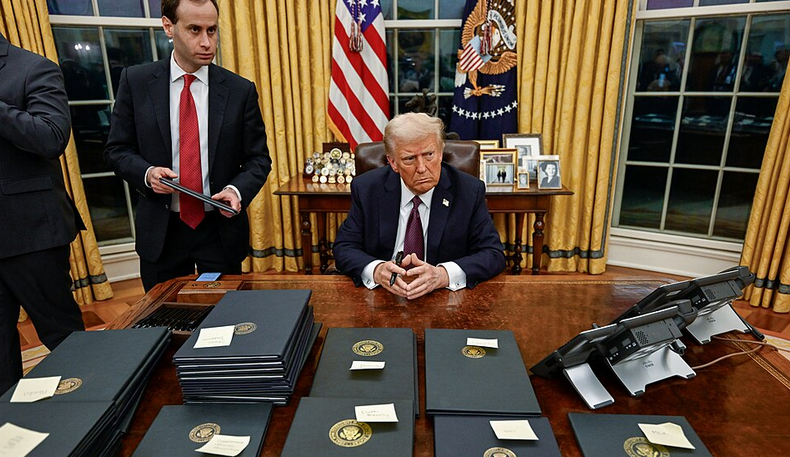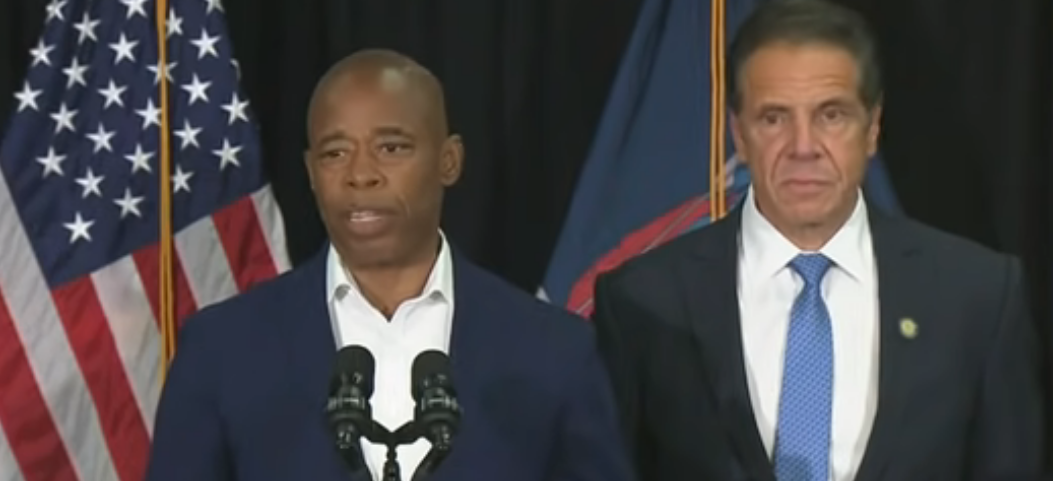Mumia Abu-Jamal. Photo: Facebook.
By Joe Piette and Gwen Debrow
This year marks the 40th year since Mumia Abu-Jamal’s contentious and problematic conviction for the December 9, 1981, death of Philadelphia Police Officer Daniel Faulkner. In a long-awaited December 16, 2020, decision, the Pennsylvania Supreme Court, in a 3 to 1 decision for District Attorney Larry Krasner, ruled there was no credible evidence of DA Krasner’s demonstrated bias toward Abu-Jamal.
In the case currently before PA Superior Court, dueling appeals will decide the next steps. DA Krasner now must confront the legacy of police corruption, prosecutorial misconduct, and judicial bias that defines this case and runs through the fabric of Philadelphia’s history.
Krasner knows the legacy of Frank Rizzo, Judge Albert Sabo, Lynne Abraham, and Judge Ronald Castille. It would be hard to miss the work of the architects of the New Jim Crow. The devastation that mass incarceration fueled by naked racism wreaked on the Black community is undeniable.
Mumia is just one man. But his conviction took place during a period akin to the wild west, where police corruption was legion. Amnesty International, and the late Nelson Mandela, have advocated for a new trial and the overturning of his death sentence.
There are a number of constitutional violations and exculpatory evidence not on the record:
• Judge Albert Sabo, a known racist and sexist, was heard by a court stenographer and Judge Richard Klein, saying, “I’m going to help them fry the nigger.”
• Inspector Alfonzo Giordano, Rizzo’s right-hand man, on the scene that night, claimed Mumia confessed in the back of a police wagon. Giordano was indicted on corruption charges, extortion, and tampering with evidence and was allowed to resign with full pension the day after Abu-Jamal was convicted of first-degree murder.
• Another so-called confession was fabricated and brought to light two months later, relieving the beleaguered Giordano from the indignity of testifying while under federal investigation.
• Notably, in terms of an alleged confession, Officer Gary Wakshul, assigned to transport Mumia and guard him while he was in the hospital, wrote in his report: “The Negro male made no comment.”
• Dr. Anthony Coletti, the treating emergency room physician, said Mumia was too badly wounded from a gunshot to the chest, nearly in shock and unable to speak.
• The jury was never told there was a fourth person at the scene. Officer Faulkner had a driver’s license application in his shirt pocket with the name Arnold Howard on it.
• Robert Chobert, a cab driver with a sketchy past, driving with a suspended license at the time, claimed he saw Mumia kill Officer Faulkner, but new evidence points out he may have been paid to testify against Mumia.
• The key and buried Pedro Polakov photos show Chobert’s cab wasn’t near the crime scene, that officers mishandled the weapons, and there were no divots visible in the pavement where prosecutor Joseph McGill claimed Mumia shot Officer Faulkner.
The newly directed Conviction Integrity Unit has uncovered 17 wrongful convictions. Mumia worked as a cab driver at night, but by day was a renowned and award-winning, respected radio journalist who had worked for dozens of Delaware Valley Radio stations including WUHY (now WHYY) and morning edition NPR. He had no previous criminal record up until now.
Krasner chose this job, knowing the Philadelphia community is long overdue for restorative justice. It’s time he walks the talk and delivers what he promised the Black and progressive community who voted for him.






